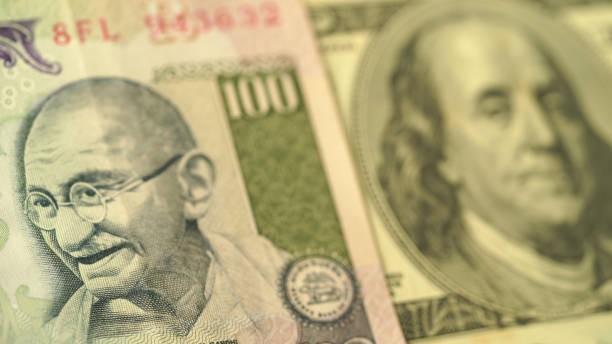
How will Trump’s ‘Big Beautiful Bill’ impact Indians in US?
On December 19, 2019, the United States House of Representatives passed President Donald Trump’s massive tax-cut and spending bill, dubbed the “Big Beautiful Bill”. The bill is aimed at reducing the federal budget deficit and increasing economic growth. However, the final version of the bill has sparked concerns among the Indian-American community, particularly those who send remittances to their families back in India.
The bill includes a provision that imposes a 1% tax on remittances sent to foreign countries, including India. The original proposal had a 5% tax on remittances, but it was reduced after intense lobbying by the Indian government and the Indian-American community.
So, what does this mean for Indians in the US who send money back home to their families? In this blog post, we’ll explore the potential impact of the “Big Beautiful Bill” on Indians living in the US.
What is the ‘Big Beautiful Bill’?
The “Big Beautiful Bill” is a massive tax-cut and spending bill that aims to reduce the federal budget deficit and increase economic growth. The bill is a result of months of negotiations between lawmakers and the Trump administration. It includes a range of provisions, including tax cuts, increased spending on defense and infrastructure, and changes to the healthcare system.
The 1% tax on remittances
The bill imposes a 1% tax on remittances sent to foreign countries, including India. Remittances are the money that individuals send back to their home countries to support their families. For many Indians living in the US, remittances are a crucial source of income for their families back home.
The 1% tax may seem like a small amount, but it could add up quickly for individuals who send large amounts of money back home. For example, if someone sends $10,000 back to India, they would have to pay an additional $100 in taxes. This could be a significant burden for those who rely heavily on remittances to support their families.
Impact on Indians in the US
The 1% tax on remittances could have a significant impact on Indians living in the US. For many, remittances are a lifeline that allows them to support their families back home. The additional tax could make it more difficult for individuals to send money back to India, which could have serious consequences for their families.
Here are a few ways that the 1% tax could impact Indians in the US:
- Reduced remittances: The additional tax could reduce the amount of money that individuals are willing to send back to India, which could have a negative impact on the Indian economy.
- Increased financial burden: The tax could add up quickly, making it more difficult for individuals to support their families in India.
- Negative impact on the Indian economy: Remittances are a significant source of income for many Indians, particularly in rural areas. A reduction in remittances could have a negative impact on the Indian economy, particularly in areas where remittances are a crucial source of income.
Indian government’s response
The Indian government has expressed concerns over the 1% tax on remittances. In a statement, the Indian Ministry of External Affairs said that the tax could “adversely impact” the lives of Indians living in the US.
The Indian government has also been lobbying the US government to reduce the tax or exempt remittances from the tax altogether. However, it’s unclear whether these efforts will be successful.
Conclusion
The “Big Beautiful Bill” is a complex piece of legislation that has far-reaching implications for individuals and families in the US and around the world. For Indians living in the US, the 1% tax on remittances could have a significant impact, particularly those who rely heavily on remittances to support their families back home.
While the Indian government has expressed concerns over the tax, it’s unclear whether the US government will be willing to make changes to the bill. For now, individuals who send remittances to India will have to navigate the new tax and find ways to adapt to the changes.
Source:






